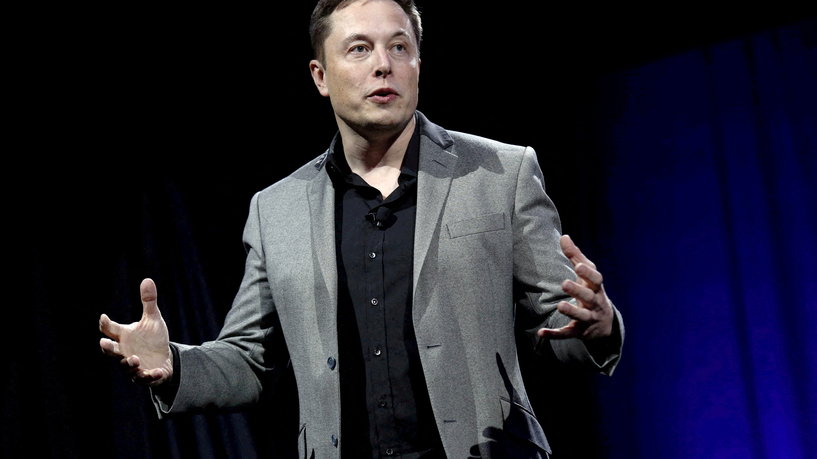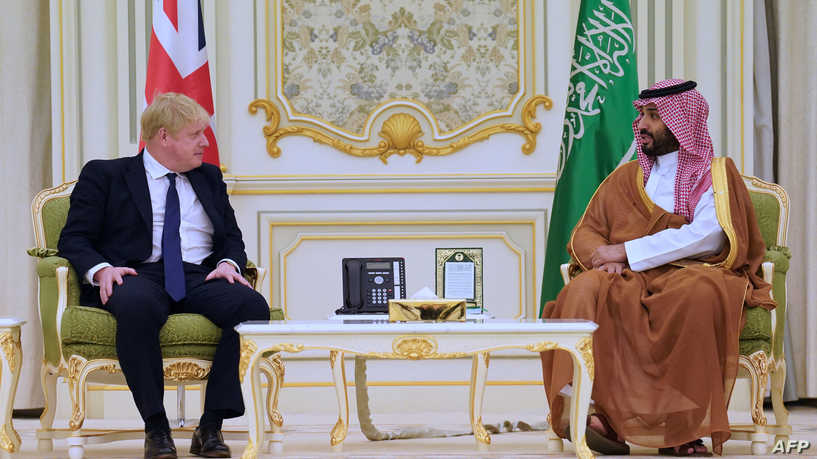Rishi Sunak, trailing in the race to become Britain's next prime minister, pledged on Wednesday to temporarily scrap taxes on energy bills paid by households as part of a "winter plan" to ease the cost-of-living crisis.
The year-long hiatus on paying value-added tax (VAT) on energy bills would save the average household 160 pounds ($193), former finance minister Sunak said.
The pledge marks a change of tack for Sunak, who has repeatedly emphasised the need to restore discipline to Britain's public finances. Some economists warned the plans would benefit the better-off more than poor households.
Three months ago as finance minister, Sunak had ruled out cutting VAT on energy bills because it would not be a big help to families. On Wednesday, his team said it was the "centrepiece" of his winter plan.
"This temporary and targeted tax cut will get people the support they need whilst also – critically – bearing down on price pressures," Sunak said.
Sunak's resignation from the cabinet earlier this month helped trigger a revolt that saw Prime Minister Boris Johnson agree to step down after a series of scandals. Members of the governing Conservative Party will vote for a successor over the summer, with an announcement due on Sept. 5.
Foreign Secretary Liz Truss, the bookmakers' favourite to succeed Johnson, has outlined a wider range of tax cuts that Sunak has branded irresponsible.
Truss, who last week held a 24-point lead over Sunak among Conservative Party members according to YouGov, has repeatedly warned that Sunak's plans will tip Britain into recession.
Whoever triumphs when the result is announced will inherit some of the most difficult conditions in Britain in decades. Inflation is on course to hit 11% annually, growth is stalling, and industrial action is on the rise.
The Institute for Fiscal Studies, a think tank, said cutting VAT on energy bills would be "small beer" compared with the coming surge in energy bills.
In October, the power industry regulator Ofgem is likely to increase its price cap for bills - based on a typical household's energy usage - by more than 150%, to above 3,000 pounds from 1,971 pounds per year at present.
By providing more support to those who use more energy, a VAT cut "would be well targeted at those who face the biggest rise in their energy bills, but not at those - the poorest - who are least able to cope with the rise in costs," said Stuart Adam, senior economist at the IFS.
Business minister Kwasi Kwarteng, a Truss supporter, said Sunak had performed a "a screeching handbrake turn" on his previous stance against cut tax cuts.
Pollster Chris Curtis from Opinium Research said Sunak had diluted his message of fiscal conservatism with Wednesday's announcement.
"I don't think it'll work particularly well for Rishi Sunak. I think he has created a rod for his own back here," Curtis told Sky News.
($1 = 0.8301 pounds)
Source: Reuters. Reporting by Andy Bruce; Editing by Kate Holton

















0 Comments